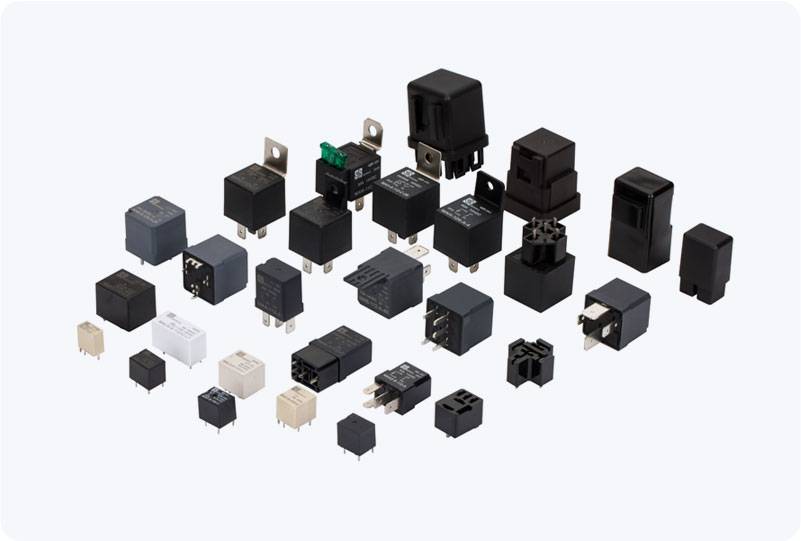Ground fault protection relays play a crucial role in ensuring the safety and reliability of electrical systems. These devices are specifically designed to detect any faults between the electrical system and the earth, which can result in dangerous conditions, equipment damage, or even fire. In this article, we will explore the importance of ground fault protection relays, their working principles, applications, and how they contribute to the overall safety and protection of electrical installations.

What is a Ground Fault Protection Relay? A Ground Fault Protection Relay (GFPR) is a protective device used to detect ground faults in electrical circuits. A ground fault occurs when there is an unintended path between an electrical conductor and the ground. This can lead to a situation where electrical current flows through an unintended path, posing risks such as electric shock, fires, or damage to equipment. The ground fault protection relay is designed to detect these faults and disconnect the power supply to prevent such hazards from occurring. The relay is typically used in both low and high voltage systems and can be found in various industries, including manufacturing, commercial buildings, and utility companies. Its main objective is to provide protection by continuously monitoring the system for any abnormal ground fault conditions.
Leave a Reply